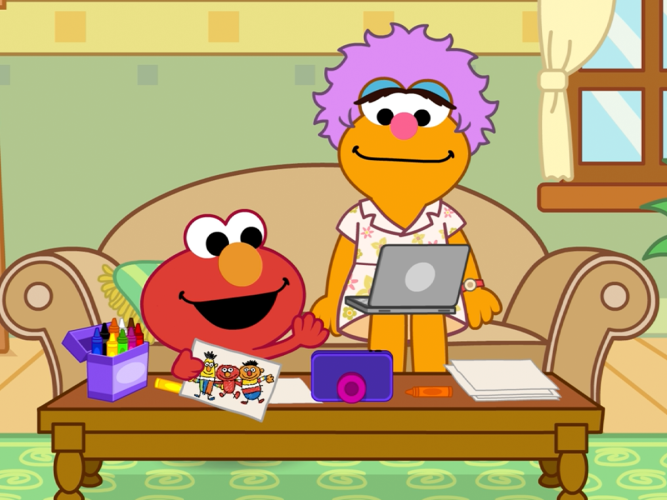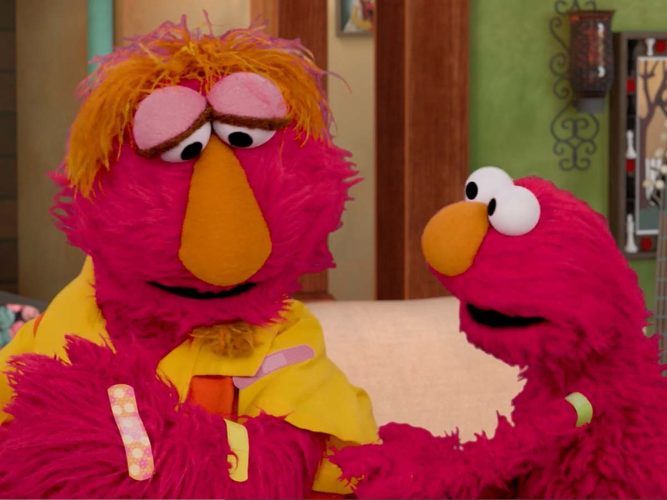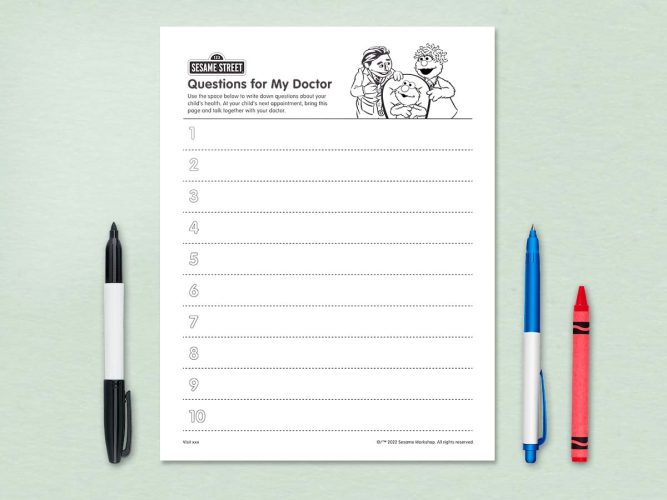
Managing Uncertainty: Embracing a “For-Now Normal”
An article with suggestions for easing into new routines.
Daily routines have changed because of steps taken to prevent the spread of COVID-19. Your children are likely staying home instead of going to school or daycare. You might be working from home or even facing the prospect of underemployment or unemployment. That’s a lot of change! In times of uncertainty, it can be easy (and understandable) to feel overwhelmed, but there are things you can do to ease into a “for-now normal.”
Start with what you know. It’s true: there is a lot of uncertainty right now. The unknown can be scary. For a minute, let the unknown go. Take a deep breath and as you breathe out, imagine some of your stress going out with it. Then focus on the things you do know. Set aside some quiet time (away from the news or social media) and make a list of positive things in your life right now. Maybe that’s your health, or more time with your children, or a stash of your favorite ice cream in the freezer. Acknowledging the good, no matter how big or small, can help shift our perspective from fearful to thankful.
Lower expectations. That may sound strange, but during a time of transition, it helps to give yourself a bit more patience and flexibility. It can take a while for each member of the family to get used to changes and to remember what comes next in the day—and, of course, sometimes babies and toddlers show us who’s really in charge. Limiting the amount of tasks you expect to accomplish each day to just three or two (or one!) can be freeing!
Work together. There is no one-size-fits-all routine. Your “for-now” normal is going to be as unique as each member of your family, and that’s a good thing! If anything, this is a time to celebrate your strength as a family. Invite everyone to talk about what their ideal day might look like. Each person can answer the following questions:
- What is one thing I need each day?
- What is one thing that would help me feel happier or calmer?
- How can I help my family each day?
- How can someone help me?
- What is one thing I don’t want?
Older children can write their answers in a journal—now it’s a literacy moment, too! Then map out a daily routine that incorporates the answers. Of course, not everyone will get their way completely, but knowing what’s important to each person can help everyone feel heard and valued.
Try, try again. Each day will have growing pains. Some plans will go well. Other plans will just fall apart. It’s okay to not get it right the first time (or the second, or the third). Your family is resilient, and that means you can get through this. Each day, talk together about what went well and what could go better tomorrow. Remember that every day offers a chance to start again.

Helping Children Through Grief Related To COVID-19
There are ways to help families talk about death, express their feelings, and grieve together.

Good Questions (and Answers) About Covid-19 Vaccines
Common questions children ask about vaccines, and possible answers.

Hooper’s Store Reopens
As communities open up, together we can adjust to a new way of doing things—while keeping everyone safe.

When Children Miss Their Friends
There are ways to stay connected with people we love...safely.

Elmo Gets the Covid-19 Vaccine
Elmo and Louie share their experience with the COVID-19 vaccine.

Elmo’s Bravery Bandage
A coloring page to help celebrate a child’s bravery when getting a shot.

Questions for My Doctor
A place for parents and children to list questions for their doctor.
